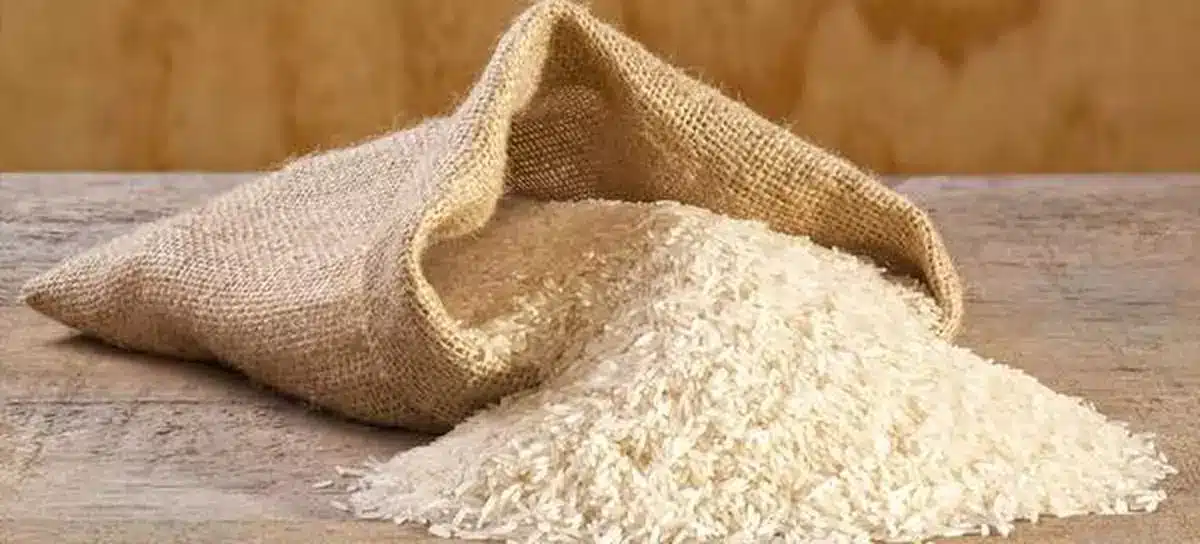Impact of Iran-Israel Conflict on Rice Exporters: Focus on India’s Basmati

Approximately 100,000 tonnes of basmati rice destined for Iran are currently stranded at Indian ports due to escalating hostilities between Israel and Iran. This disruption has significant implications for India’s rice export industry, particularly as Iran is the second-largest market for Indian basmati rice. The All India Rice Exporters Association has reported that these delays could lead to financial strain for exporters and impact domestic rice prices.
Impact of the Israel-Iran Conflict on Rice Exports
The ongoing conflict between Israel and Iran has created a challenging environment for Indian rice exporters. According to the All India Rice Exporters Association, around 100,000 tonnes of basmati rice are stuck at Kandla and Mundra ports in Gujarat. This situation arises from the unavailability of shipping vessels and insurance coverage for shipments destined for Iran, as the region’s instability has made standard shipping insurance policies ineffective. The president of the Association, Satish Goyal, emphasized that these stranded shipments represent about 18-20 percent of India’s total basmati rice exports to Iran, highlighting the significance of this market for Indian exporters.
Financial Ramifications for Exporters
The delays in shipping have raised concerns about potential financial difficulties for exporters. Goyal noted that the uncertainty surrounding payments and shipping logistics could lead to significant losses. In fact, domestic prices for basmati rice have already decreased by Rs 4-5 per kilogram due to these disruptions. The All India Rice Exporters Association is actively communicating with the Agricultural and Processed Food Products Export Development Authority (APEDA) to address these issues. A meeting is scheduled with Union Commerce and Industry Minister Piyush Goyal to discuss the crisis further.
India’s Basmati Rice Market Overview
In the fiscal year 2024-25, India exported approximately 6 million tonnes of basmati rice, with a substantial portion going to Middle Eastern and West Asian countries. Iran, as the second-largest importer after Saudi Arabia, accounted for nearly 1 million tonnes of these exports. Other significant markets include Iraq, the United Arab Emirates, and the United States. The current geopolitical tensions have not only affected shipments to Iran but have also compounded existing challenges faced by exporters, such as delayed payments and currency issues related to international sanctions.
Future Outlook Amidst Rising Tensions
The situation in the Middle East has intensified in recent weeks, with increased military exchanges between Israel and Iran, alongside direct involvement from the United States. This escalation poses additional challenges for Indian rice exporters, who are already grappling with shipping disruptions and financial uncertainties. The All India Rice Exporters Association continues to monitor the situation closely, seeking solutions to mitigate the impact of these geopolitical tensions on India’s vital basmati rice export sector.
Observer Voice is the one stop site for National, International news, Sports, Editor’s Choice, Art/culture contents, Quotes and much more. We also cover historical contents. Historical contents includes World History, Indian History, and what happened today. The website also covers Entertainment across the India and World.
Follow Us on Twitter, Instagram, Facebook, & LinkedIn

